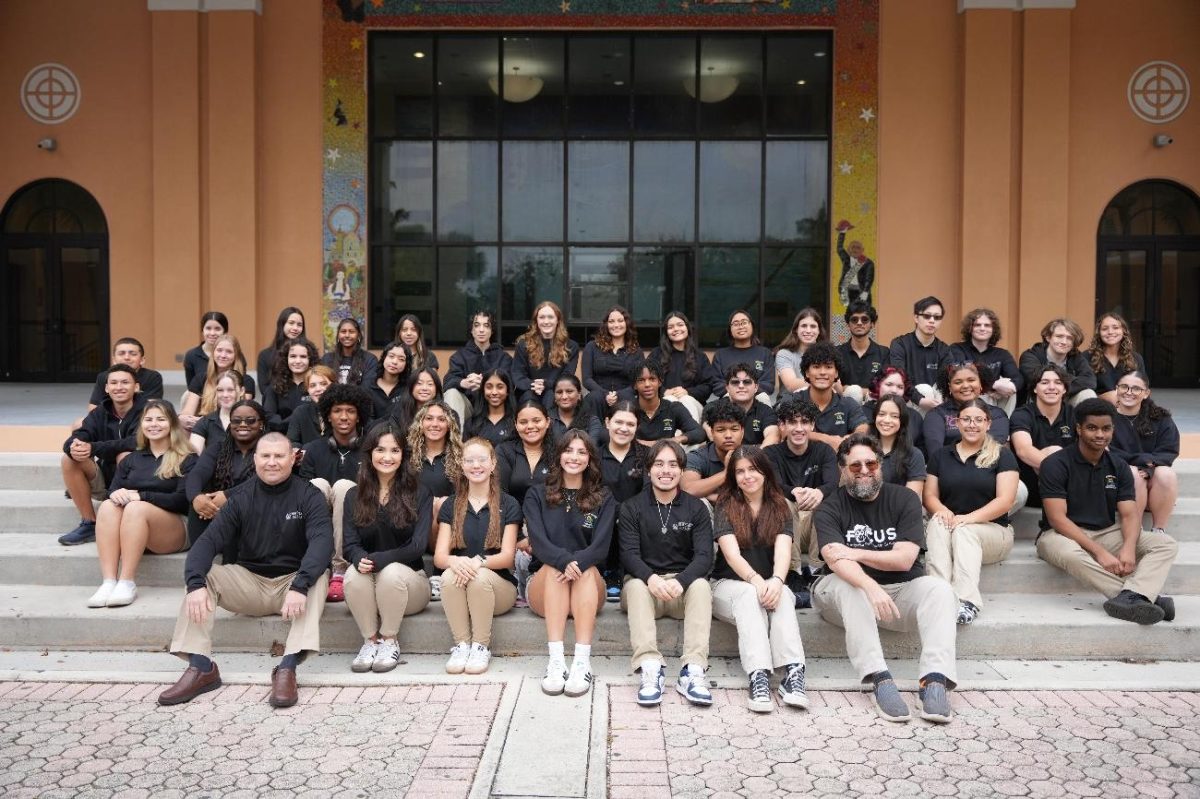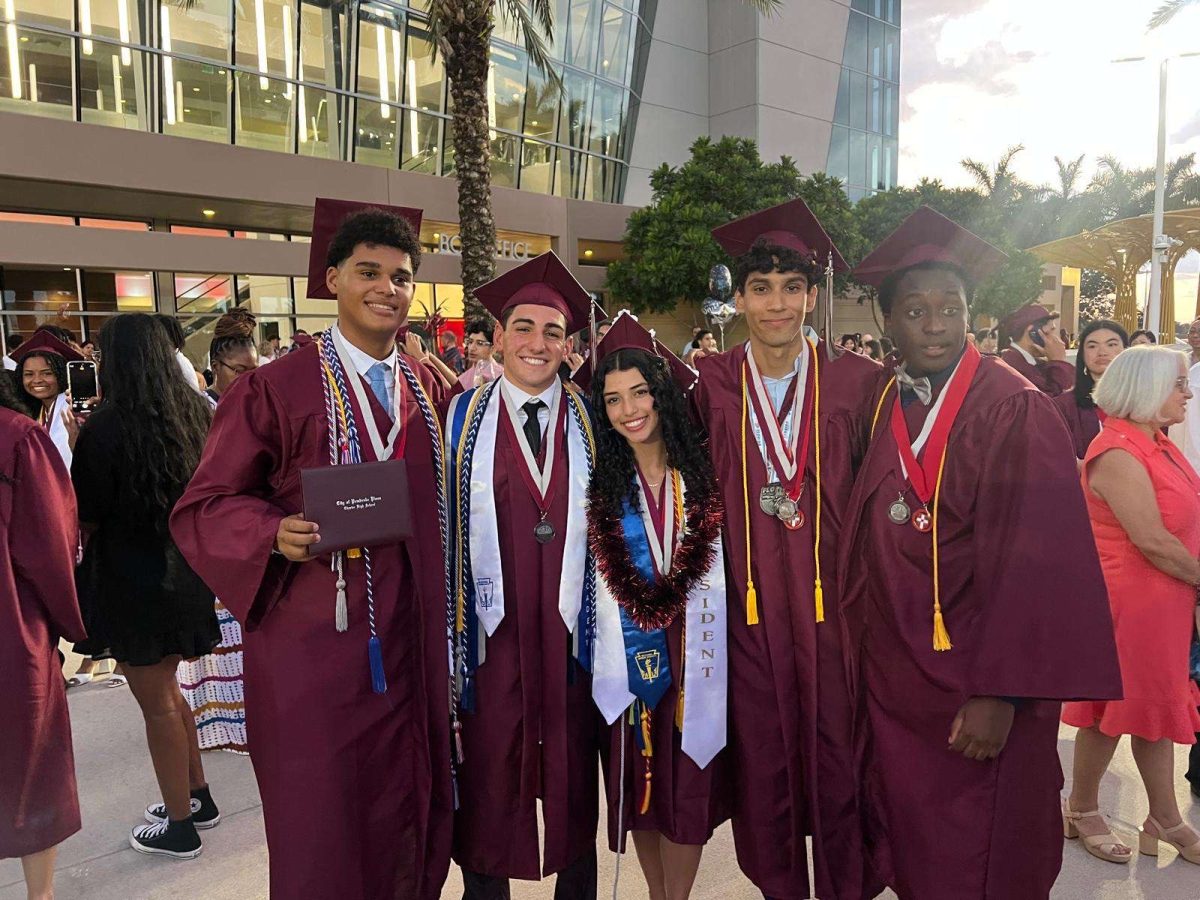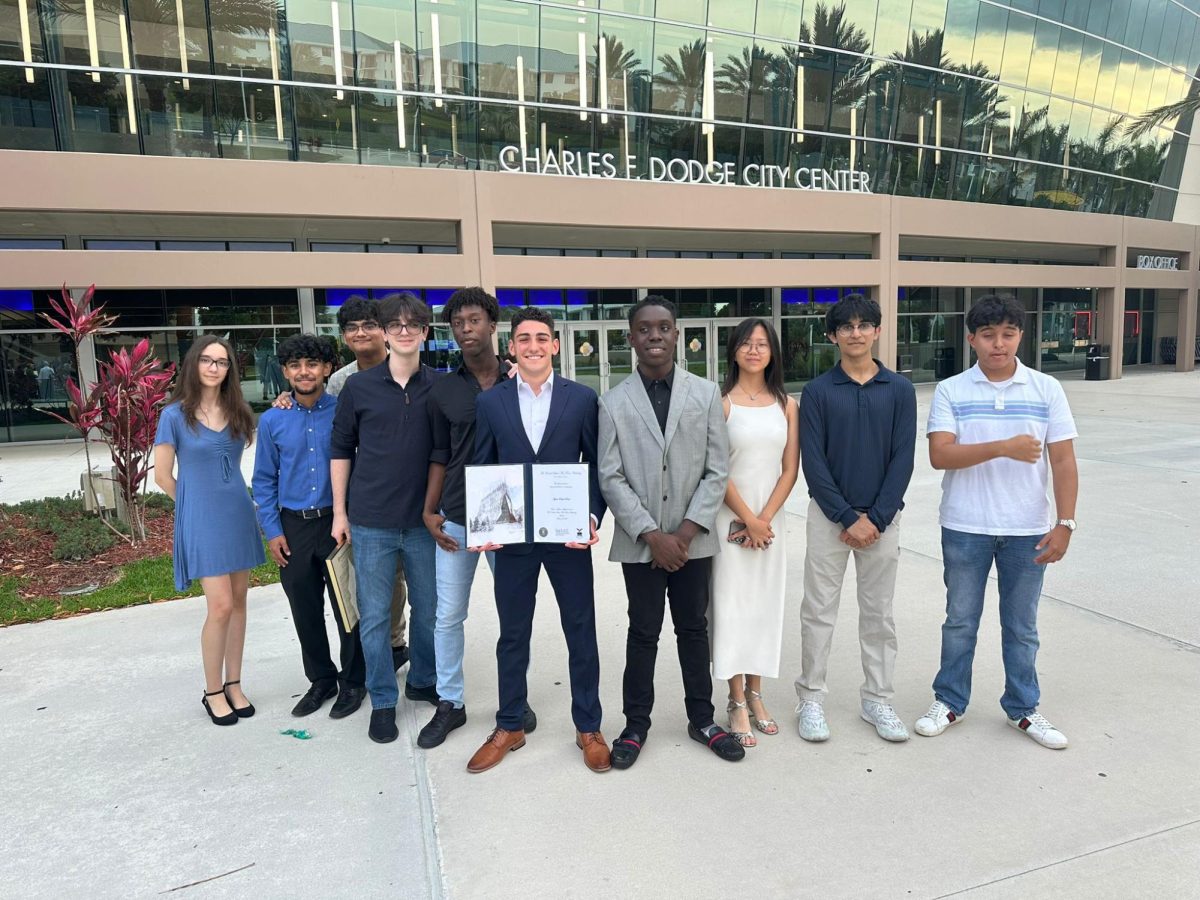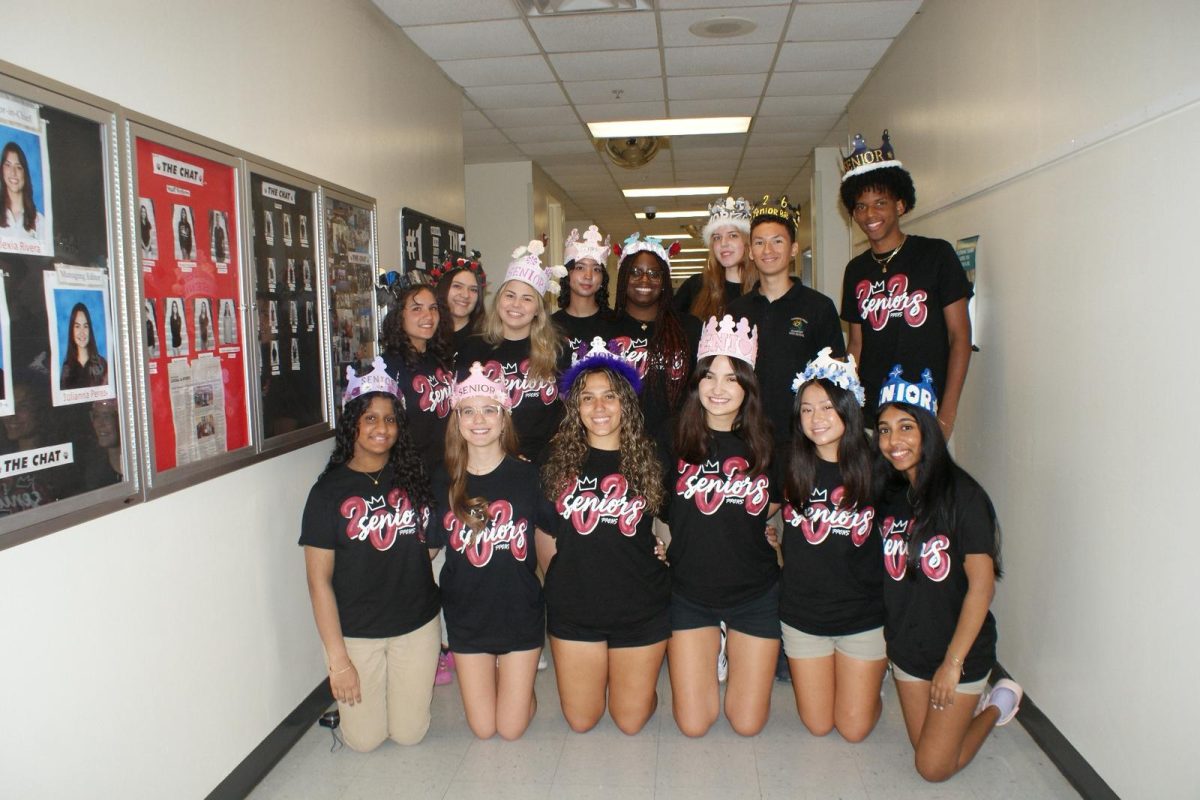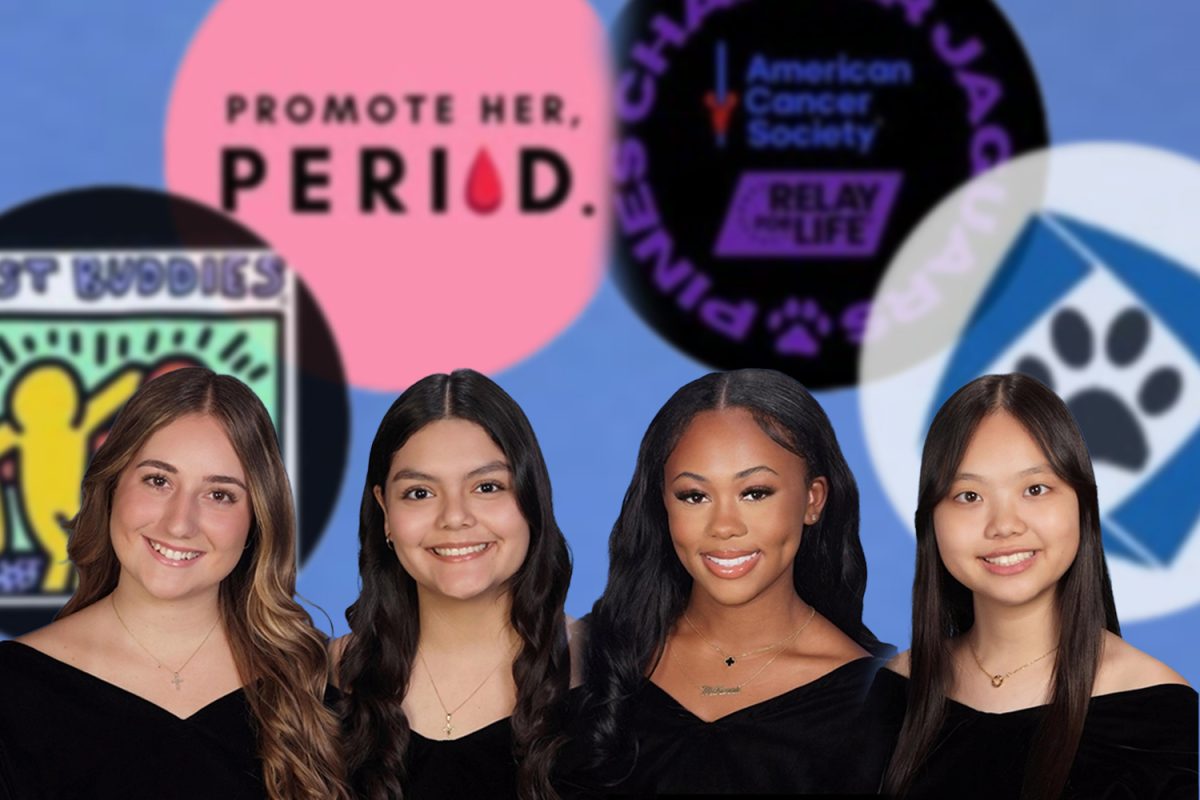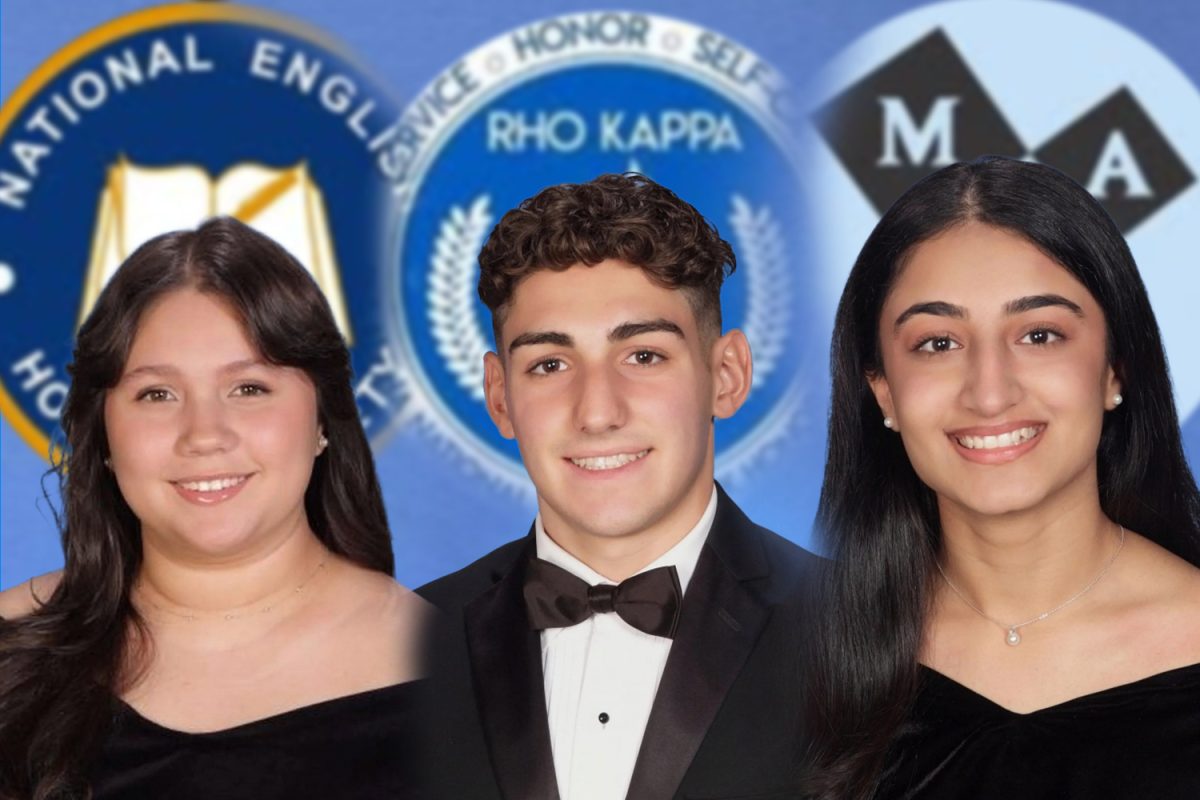
After watching many documentaries in science class, the only entertaining films for Jessica Schwend were about space. Something about the Voyager program and the small, pale blue dot we consider Earth sparked an interest. After watching Carl Sagen, an American astronomer and planetary scientist, talk freely about the Voyager, science, and space, Schwend quickly wanted to achieve that dream of hers. “I really love learning about it [space], I really love thinking about the future of space travel and just astronomy in general,” she expresses. From the moment she walked across the graduation stage in 2019, she knew she had to set her heart on the stars and planets.
Starting at NASA, Schwend was a part of a few internships over the summer that involved research on things such as lunar dust. After she got some working experience, she was able to move around between two different labs as a researcher. At the first lab she worked at, she was fortunate to lead her projects, in addition to being able to help assist in other projects. She recalls, “One of the [projects I assisted in] was actually helping finish up a payload that is going to fly later this year on a suborbital flight and it had a lunar dust experiment on it.” Additionally, Schwend works in the applied chemistry lab where she does plasma physics research.
Usually, Schwend likes to start her days off by waking up early so she can drive 45 minutes to the Kennedy Space Center. Once she arrives, Schwend will do her morning habits so that she ensures that she will start the day off right. Then, “I run experiments over and over again, then I will collect the data, I will try to come up with new ideas, how to make the experiment work better, troubleshoot, and I also spend a lot of time talking to my coworkers.” Although many things can happen day to day, what does not change is the everlasting connection that Schwend has with her team. “We all spend a lot of time learning and every day I am honestly learning something new,” Schwend says with a smile. Her team has allowed her to be stronger in the lab and also learn new skills about herself that she can apply to real life.
However, just like any other job, Schwend found herself very nervous when she started at NASA. She noticed the high level of skill that many of these workers had that she feared she did not have. Even when she worked at her old lab, “I also had a challenge of putting myself out there and volunteering enough to get on more projects, get more tasks to do.” It took a lot of discipline and realism to get to where she is now and to have the confidence in herself to produce the research.
On the opposite side of things, Schwend has been proud to say that her experience at Charter was a positive one. She was grateful to have had an amazing experience with AP physics teacher Ms. Invernizzi. “She made me know physics well… she made me think that I can do engineering in college and pass my classes,” Schwend says confidently.
The NASA experience has created many good times for Schwend that she will be able to remember as part of her journey for many years to come. Although there are so many memories to choose from, “Last summer, through some of the employees I met, I was able to watch a Falcon Heavy launch from on top of the NASA mobile launcher,” Schwend reminiscences. With it also being the same launcher that Artemis once launched from, this memory has always been special to Schwend since she was able to experience such a surreal moment so close. “You saw the boosters come down and hear the sonic booms on the launcher,” she remembers.
As she graduates from the University of Central Florida (UCF) this spring semester, Schwend was able to land a part-time job at NASA through recruitment. At UCF, Schwend minored in astronomy and has a degree in engineering. From the heavy connections she quickly made at UCF, Schwend knew that this was a once-in-a-lifetime opportunity she knew she had to take.
With Schwend’s NASA dream still persevering, her long-term goals have gradually been narrowed down to, “I will either be leaving NASA or switching back to part-time because I am going to get a master’s degree next year.” For new members working in the field of science, Schwend encourages, from experience, how important it is to take in all the education and help that is given to you. Above all, Jessica Schwend constantly tells herself: “If you’re a scientist who thinks you have all the answers, you’re not a scientist.”

